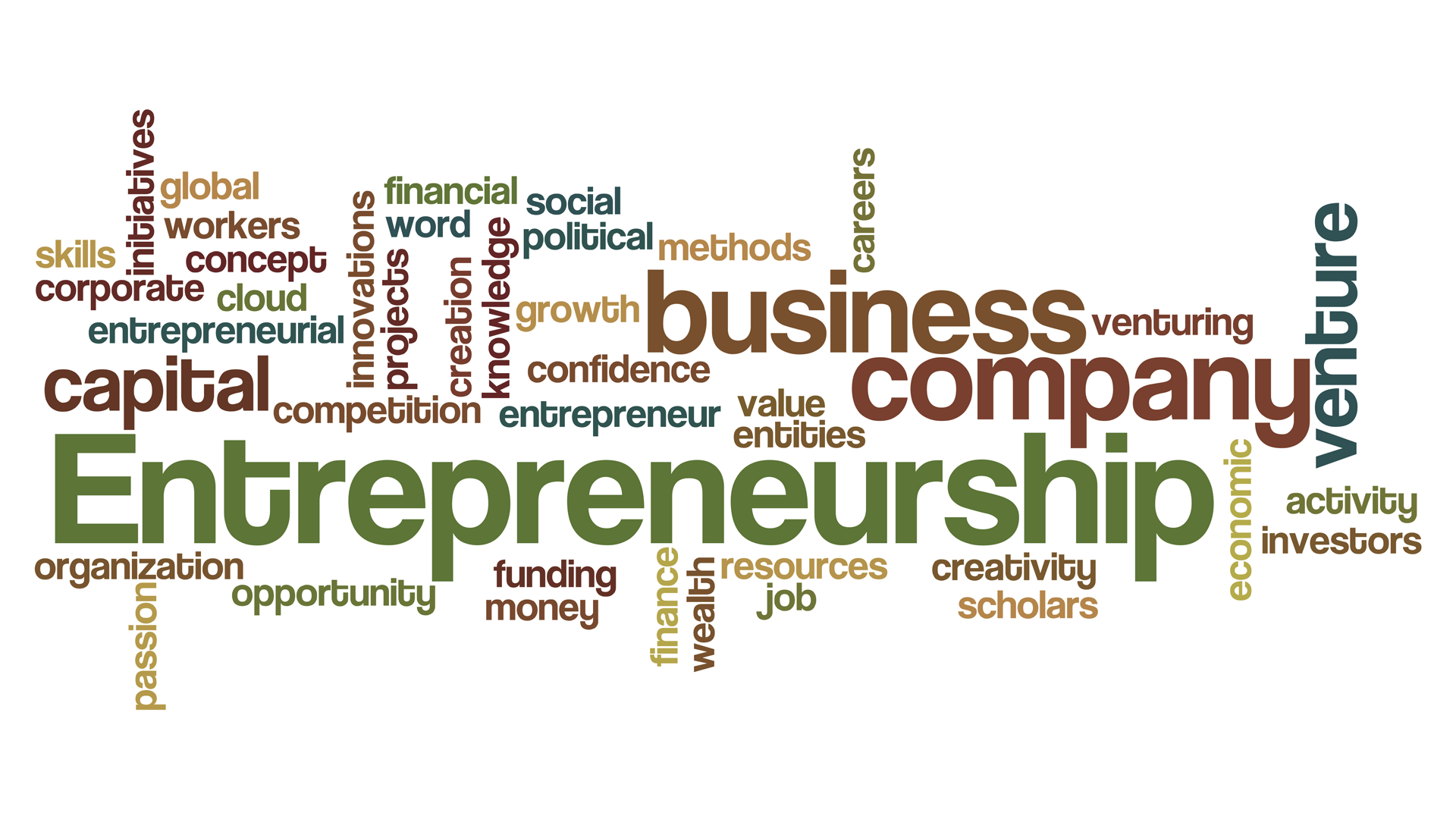Roger Hamilton argues that entrepreneurship should be taught to all young people in their formal education
A global pandemic, the worst recession in a century, the rise in AI technology – if there’s one thing most educators can agree on, it’s that the world looks very different today than it did even just a decade ago. Yet, as educators, if we shine a spotlight on our mainstream curriculum, very little has changed since the last century.
If you want to help people, you could study science and qualify as a doctor. If writing is your forte, you could specialise in literature and become a journalist. But as technology continues to advance at such a pace, how can we ready our students for those jobs that might not even exist yet? And crucially, how can we ensure students aren’t being prepared for those traditional roles that are slowly disappearing thanks to the advancement of artificial intelligence, automated technology and augmented reality?
Perhaps then, the answer lies beyond centring around specific subjects and instead refocuses on the skills offered by entrepreneurship education. By teaching the next generation the skillset required to set up and steer a business we can equip our young people with future-proofing skills that will not only benefit the individual but society as a whole.
As technology continues to advance at such a pace, how can we ready our students for those jobs that might not even exist yet?
Growth mindset, adaptability, innovation and creativity, problem-solving, public speaking, leadership, collaboration and anticipating, then overcoming failure are just some of the skills required for an entrepreneurial mindset. These are also excellent qualities for our students to have in their arsenal as they enter the global workplace as it changes year on year. We want our students to be able to adapt and conform to new types of employment and working lifestyles for the whole of their careers, whatever that future may look like.
The study of entrepreneurship would arm them with the skills and the belief that they can create their own job in this fast-paced technology-driven world rather than focus on a ‘one-size-fits-all’ approach to finding a job.
It’s clear that our students today have desires that reflect this too, A 2021 report by The GUESS Project revealed the number of students with entrepreneurial aspirations has nearly doubled since 2018 with the figure rising to 17.8%. This may in part be attributed to the glamourisation of owning and running your own business thanks to the entrepreneur influencer across social media platforms like TikTok and Instagram.
In reality, beyond the cultivated social media highlights, we do not expect each and every student to become an entrepreneur. However, confronting the next workforce generation are a number of societal and cultural issues that will need to be tackled. Be it climate change or worsening global tensions, our young people need to be able to adapt quickly to what may lie ahead. Entrepreneurship by its very nature teaches students to adapt to the unpredictable.
The wider impact of a more progressive curriculum would also be a positive outcome for our society. The rapid rise of the start-up culture has brought, advancement, innovation and technological revolutions. This evolvement spurred on by entrepreneurship could be the key to unlocking some of the greatest challenges facing humanity today.
One of our most difficult jobs today as educators is predicting the unpredictable in order to prepare our students for life beyond education. We need to ensure that the curriculum provides the opportunity for the younger generations to acquire the tools they need to develop themselves and have a positive impact on society.
By moving away from the traditional curriculum focussed on the specific subject study and offering entrepreneurship education as standard, we can create a more varied and greater depth of education that keeps pace with the times.
Roger James Hamilton is a New York Times bestselling author and founder and CEO of Genius Group




